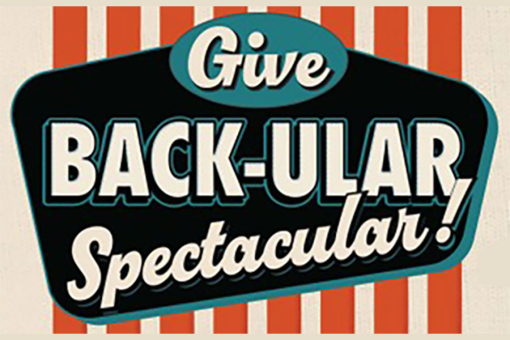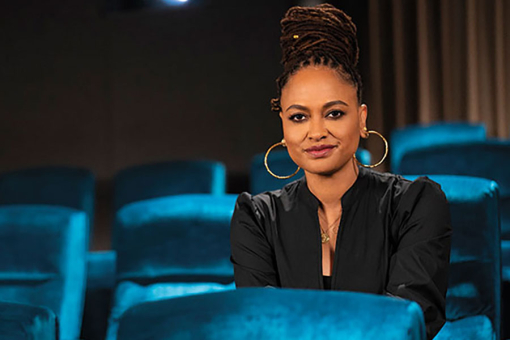Stars Jane Fonda and Lily Tomlin have been friends since they starred in the hit film 9 to 5 about 35 years ago.
Marta Kauffman, who co-created Friends, has been friends with Howard J. Morris, the executive producer of According to Jim, since she hired him to write on Dream On about 23years ago.
These powerhouse stars and powerhouse writers have come together for Grace and Frankie, a new Netflix series that launched in May.
In the distaff odd-couple story, Fonda plays regal Grace and Tomlin is hippie Frankie, frenemies whose husbands are L.A. law partners.
Turns out they're more than that: the series opens with the men admitting to a longtime love — for which they're now leaving their wives. As the show proceeds, the women help each other work through the heartache.
The stellar supporting cast includes Martin Sheen and Sam Waterston as the ex-husbands. The Skydance Television show is executive-produced by Kauffman, Morris, Fonda, Tomlin, Paula Weinstein and Skydance’s David Ellison, Dana Goldberg and Marcy Ross.
Sitting in her cozy Okay Goodnight production offices, Kauffman — flowing embroidered dress, flowing locks and bare feet — looks a bit like a younger version of Frankie. In a blue button-down shirt, jeans and black sneakers, Morris looks like... a Hollywood writer. Perched on a couch together, they spoke with emmy contributor Lisa Rosen about their new series.
It's refreshing that while the show stars older actors, the humor isn't at their expense.
Kauffman: When we started this project, one of the things that we both felt really strongly is that there is nothing on the air about women of this age, and the issues that go along with that.
The show is not about aging. It's not about old people. It's about starting your life over, and they happen to be in their 70s. So they're dealing with blind dates and night blindness at the same time.
Our intention was to be honest about it. There's an episode where they talk about vaginal dryness. It's really funny, but it's not something people talk about. And that's what we want to do — talk about the stuff people don't talk about. We were never intending to go for the easy joke.
Morris: Jane Fonda will tell you this — the aging baby boomers are the biggest segment of the population and they're the most underserved.
How did the show come about?
Kauffman: It's a wonderful, flukish story. I was having lunch with the head of television at Skydance Productions, Marcy Ross. She mentioned that both Lily Tomlin and Jane Fonda were interested in doing television again. I thought she meant they were interested in doing something together.
I called my agent and said, "Is this true?" and she said, "I'll call you back," and 20 minutes later she said, "It is now."
Truthfully, Hannah K-S, my development person, is the one who came up with the one-liner "What if their husbands fall in love with each other?" I don't consider myself to be particularly funny—
Morris: Which is absurd.
Kauffman: But I knew I wanted a partner on this who would balance out some of the things that I feel I don't have strongly, and I also knew that Howard and I saw eye to eye in terms of the emotional through-line, and together we could do something super special.
Morris: Even on Dream On, when I was 27 and just a baby, I remember we always asked, "Is it emotionally true? Is it landing?" That's a barometer we share. But we also love to make each other laugh. We love to make everybody laugh. So we want it to be truthful and comic.
After decades of sitcoms, why choose to make this single-camera?
Kauffman: I think part of it was that you can dig deeper. You can get in closer. You can tell other stories, because you have a visual element that can help you. And I didn't think it was something that should be in front of a live audience or that should have commercials. Or that someone's going to say you can't talk about vaginal dryness.
Is that why you went with Netflix?
Kauffman: Netflix gives you two things. One is an enormous amount of artistic freedom, and two is 13 episodes. The hard part about that is you don't get to do a pilot. So you can't make any mistakes.
Is it strange not having to write for commercial breaks?
Kauffman: It's not the act breaks as much as, after telling a story in 22 minutes when I started, now we get to tell a story in 30 minutes. We were surprised at how our rhythms ended a few minutes before that.
As it went on, we got better at understanding that. I don't miss the act breaks or the cold open at all.
Morris: You don't have to force something when it's not that moment.
Kauffman: It's a really exciting new world, and we all have to learn how to tell stories differently. It's so much fun to have this kind of a challenge.
You mentioned underserved audiences, but actors of that age are underused too.
Kauffman: I couldn't agree more.
Morris: These people come to play.
Kauffman: All four of them.
Morris: It's moving, the professionalism and joy with which they practice their craft.
Kauffman: Between us, we've done a lot of years of television. They come prepared, they know their lines, they're on time, they do their jobs, they ask the right questions and they don't throw fits. It's wonderful. They're extraordinary.
How blessed are we that we get to work with actors like that? So it's our job not to screw it up.











